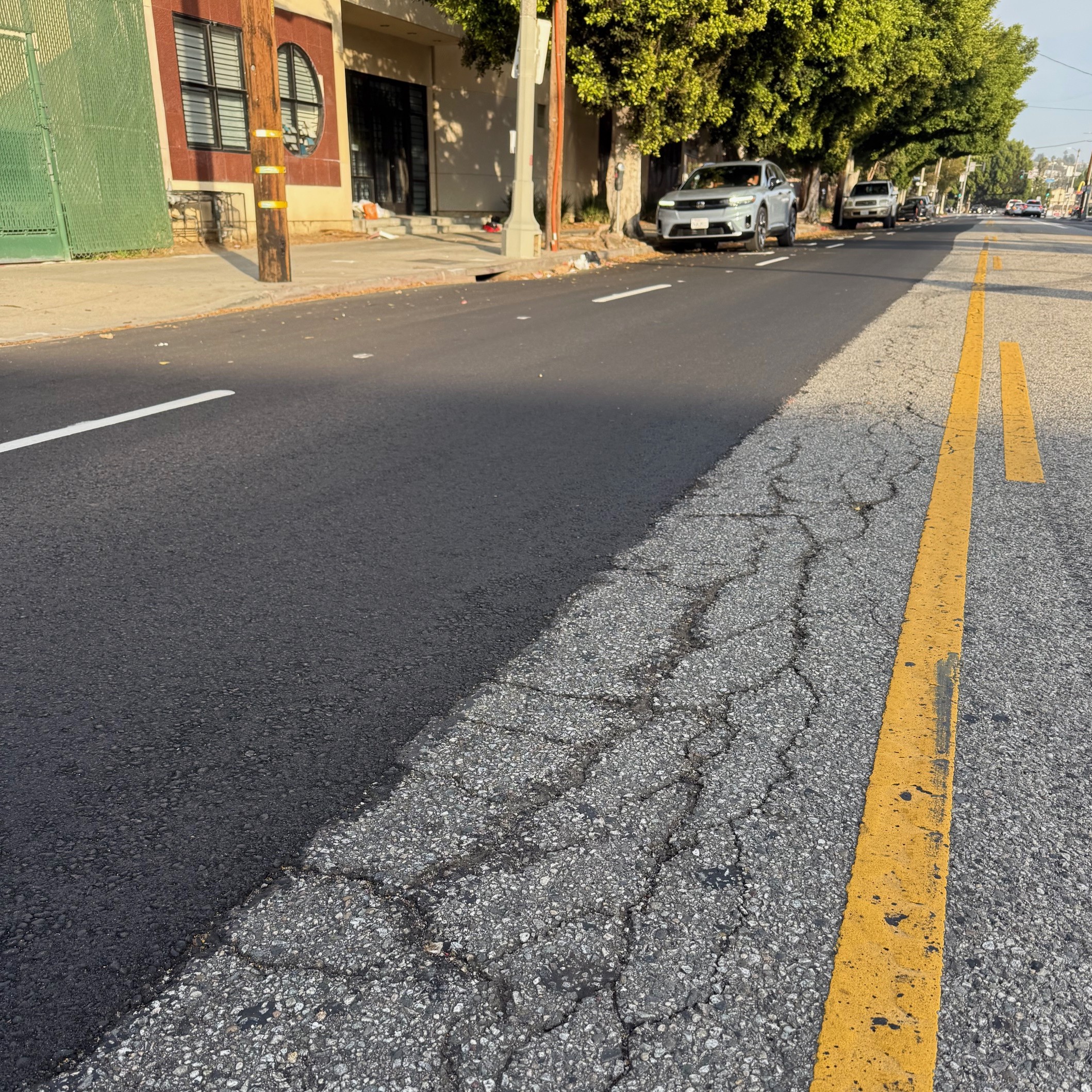What separates a great bikeway from one that makes you wonder why anyone even bothered?

James Kennedy at Transport Providence has put together a litmus test in response to a bike route planned for Central Falls, Rhode Island, which, he says, "sucks."
Here's the question set Kennedy put together and how he thinks the Central Falls route stacks up.
*Does it take you someplace useful?
I think there should be bike access everywhere, and there are some things that a person could go to here, so for some people this might serve a purpose. But for the vast majority, this is a useless route. The river cuts off access from the eastern part of Pawtucket, and the railroad cuts off access to the rest of Central Falls.
*Is the route easy to follow?
Looking at this on a map, it's really clear that because of what I said above in point #1, in a sense it's impossible to get lost on this route (it's all technically on High Street, a prime example of a Rhode Island Street that goes a million directions getting one name, while some other streets that are completely contiguous and straight get six). There is nowhere useful to branch off to, so where could you get lost? At the same time, for a new person on this route, or even someone who's taken a few times, the constant bends back and forth are disorienting. Imagine this from the perspective of a visitor: do you want to give this route your trust? The answer is no.
Does this route keep you safe from cars?
This route meets a very minimal standard of safety from cars. As we've pointed out in other posts, the literal chances that a person will be injured by a car on a bike are very small, although larger than the per capita chances that a person will be harmed while in a car. Nonetheless, this route does not create an environment where an unenthusiastic cyclist would feel protected from cars. Much of the route has sharrows on lanes that are too wide to slow traffic to 15 mph. Other points have non-separated painted bike lanes. Meh.
In addition, the section of Broad Street entering Valley Falls, where this route intersects with the bike path, is extremely hard to get across. When we consider the types of riders who ride bikes only on "Dutch style" facilities, i.e., those who ride on the bike path, this intersection does nothing to give a sense of safety from cars. From the perspective even of a more daring cyclist like myself, this route does very little too.
The proposed Central Falls bikeway also fails to give riders a sense of "social safety," says Kennedy, bypassing streets with foot traffic for an isolated route that runs past a prison fence and a garbage dump.
Elsewhere on the Network today: Washington Bikes reports that thanks to Senator Patty Murray, U.S. DOT will establish targets for reducing pedestrian and cyclist deaths. And Cyclelicious delves into the effect of driving directions app Waze on how traffic flows through cities.





